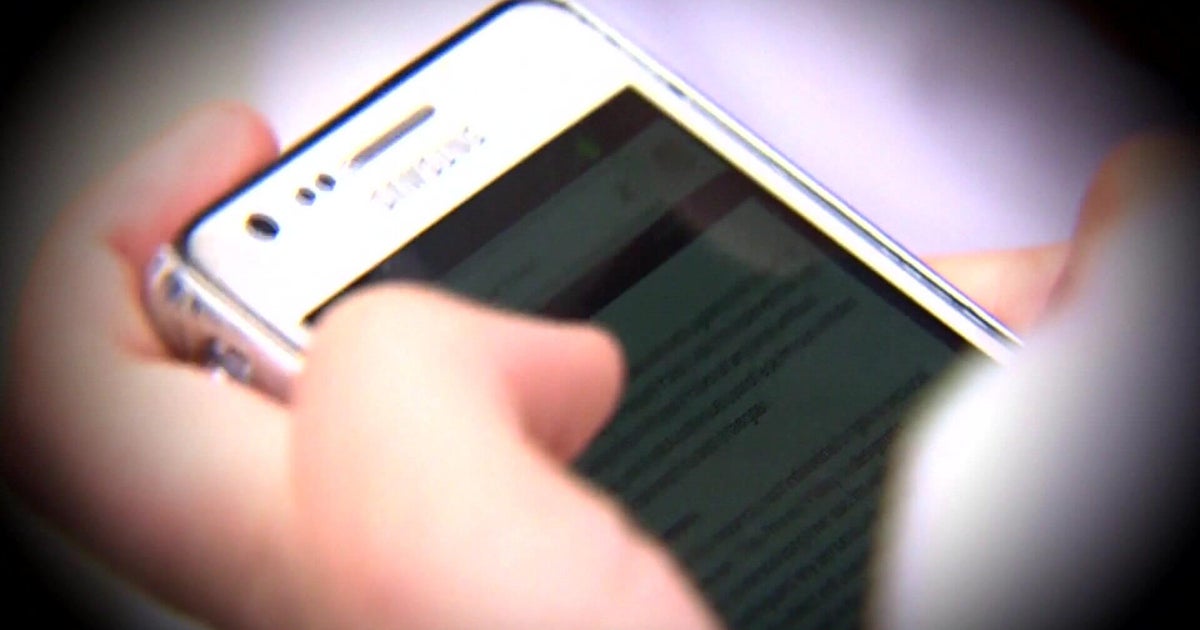How To Protect Yourself From Cyber-Stalkers
CHICAGO (CBS) -- It's a difficult crime to fight, and more than 80 percent of the victims never report the crime to police.
It's cyber-stalking, where strangers have 24/7 access to terrorize victims through Facebook, blogs, or emails.
As CBS 2's Dorothy Tucker reports, it affects almost as many men as women, but there is something you can do about it.
Whenever she's out, Cori Munro can't help but wonder if the unknown man who was stalking her on Facebook is watching.
"It's like a feeling of being really vulnerable," the Columbia College grad student says.
The man clearly scrutinized her page, learned everything he could about her, then sent a long, eerie message. "Inside of me there is a place where my sweetest dreams reside," one passage read. "I find that you are on my mind more often than most other thoughts."
He was able to contact Cori when her profile was public. She has since made it more private.
Like Cori, more than half of the victims of cyber-stalking are harassed by strangers. According to a British study, most victims are 20 to 39 years old, and 40 percent are men like Northwestern University sophomore Ben Friedman.
His Facebook page was hacked by a stranger. That person started impersonating Ben and mocking him.
"He did view my entire profile," Friedman says. "Just the fact that he could know who my friends were, he might want to hurt my friends."
Ben created a new Facebook account but he never reported the incident to police. An estimated 83 percent of victims don't.
"It's a threat," says Greg Lindmark, deputy chief of the Rockford Police Department. "It's no different than a threat made in person."
A Rockford resident felt threatened by a stranger she had un-friended on Facebook and contacted CBS 2.
"Sometimes this person certainly has a means to carry out the threat," Lindmark says. "It's a crime that should be taken seriously."
Facebook isn't the only social media outlet where stalkers find victims.
"Jane," a blogger who asked not to be identified, was first harassed on her blog after posting a negative review about a local store on Yelp.
Jane believes her stalker is the store owner. In fact, one day, she saw him.
"I didn't know if I was in physical danger," she says. "I just wanted to get away as fast as possible."
No matter how small the incident, police say you should make a report. Save all chats, emails and harassing messages to give to police so they can investigate.
Other ways to protect yourself: keep personal information like your birth date off your page. And don't reveal too much information, like where you're going this weekend.
You can also customize your privacy settings so only your close friends can view your full page.







